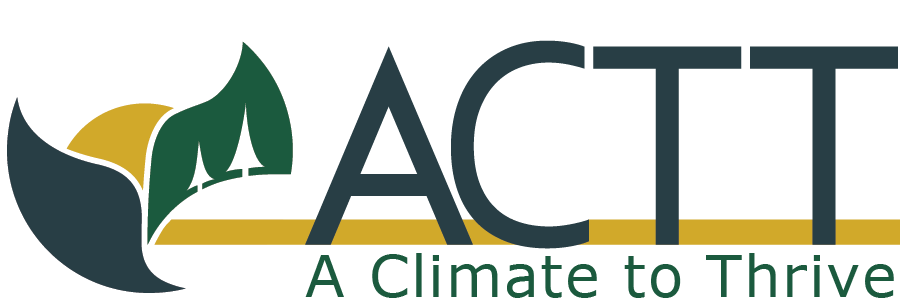Scan the landscape: Be an amplifier, not a duplicator
Collaboration and coordination are essential to achieving long-term, meaningful change, and by being aware of what's already happening, you can ensure that your group’s efforts complement and strengthen the work of others. Before forming a new group, it’s critical to begin with an awareness of existing efforts in your community to avoid duplication of effort and competition for limited time and resources. By building on existing initiatives, you can leverage resources, knowledge, and momentum, creating a more unified and impactful approach to addressing community needs. This way, every action contributes to a larger, more cohesive movement toward climate solutions. MAINECAN, the Maine Energy and Climate Action Network is a networking hub initiated out of the University of Maine’s Mitchell Center. This statewide networking hub is building a database of climate action initiatives and service providers throughout Maine and is a great place to gain a sense of what is happening statewide.
As you identify existing efforts and opportunities for collaboration, take note of any insights or possibilities that stand out. These observations will help shape your group's focus and direction in the next phase. Consider:
Are there existing groups that you could plug into and to which you could add capacity and strength?
Start by identifying groups or projects already addressing climate action in your community. These might include environmental organizations, local government initiatives, or community-based sustainability projects.
If there aren’t currently local groups focused on climate action, are there any that might be interested in taking this role? And, if so, are there ways you can support this existing group to expand its focus to include climate action?
Think about groups that share a common mission or values and explore how you could collaborate with them on climate-focused initiatives.
How can you build on the successes or lessons learned from previous or current initiatives?
Every community has its own set of challenges, opportunities, and dynamics. Before initiating your own project, consider how you can build on the knowledge, momentum, and lessons learned from past and ongoing efforts.
You can bring these reflections with you into the next section, where you’ll dive deeper into defining your group’s unique contribution and approach.
Reflection to infuse Planning
Now that you’ve had your first meetings and gathered input from interested people and your community, it's important to take a moment for deep reflection before moving forward. Taking this intentional pause ensures that your group is not just reacting to ideas and energy but making thoughtful decisions based on what you’ve learned. Reflection can help your group move forward intentionally and strategically.
Consider the following questions to guide your planning. These questions will provide your group with some foundational information to inform your planning in the next section. You can use the accompanying worksheet to record your answers and keep track of your reflections.
Group’s foundation
- What values and principles guide the group’s work? Understanding the core values can ensure the group stays aligned and focused on what’s most important as you plan.
- What is the group trying to change or implement in the community?
- What role does the group want to play in the larger climate movement or ecosystem?
- What is the group already knowledgeable about or connected to? Here, the group can consider resources that can be utilized to strengthen impact, such as existing knowledge, available mentors, or partnerships.
- What strengths, skills, and interests does the group bring to this work? This final question invites the group to consider resources outside knowledge that can strengthen the work, such as unique skills (grant writing, art, design, communications, legal - just a few examples!) and other resources that can magnify impact.
Community readiness
- How does the broader community currently view climate action and environmental change?
- Are there existing attitudes or concerns that may need to be addressed?
- Who are the key stakeholders in the community (e.g., local government, businesses, schools, community organizations)? Are they supportive, neutral, or resistant to climate action?
The next step is planning, in which you’ll define your focus and scope, group structure, core team, and first projects. Reflection remains a key tool in this process, helping to shape intentional and informed decisions. To support this, each section includes reflection worksheets to help your group capture key insights and track your evolving strategy.





